Restaurants and Cafes Are Banning Gen Z Influencers – ‘We’ve Had Enough’
Influencers are people who make a living posting content to social media. Instead of working a traditional 9-5 job, influencers get paid to promote products and services online.
Depending on how many followers they have, social media influencers can earn between four and six figures per sponsored post. While it may seem like influencers can either make or break a business, many companies are pushing back by banning Gen Z influencers.
Influencers Are Paid to Promote Products, Businesses, and More
Instagram, TikTok, and other social media platforms are full of people who want to use their platform to “influence” others, all while generating a substantial profit.
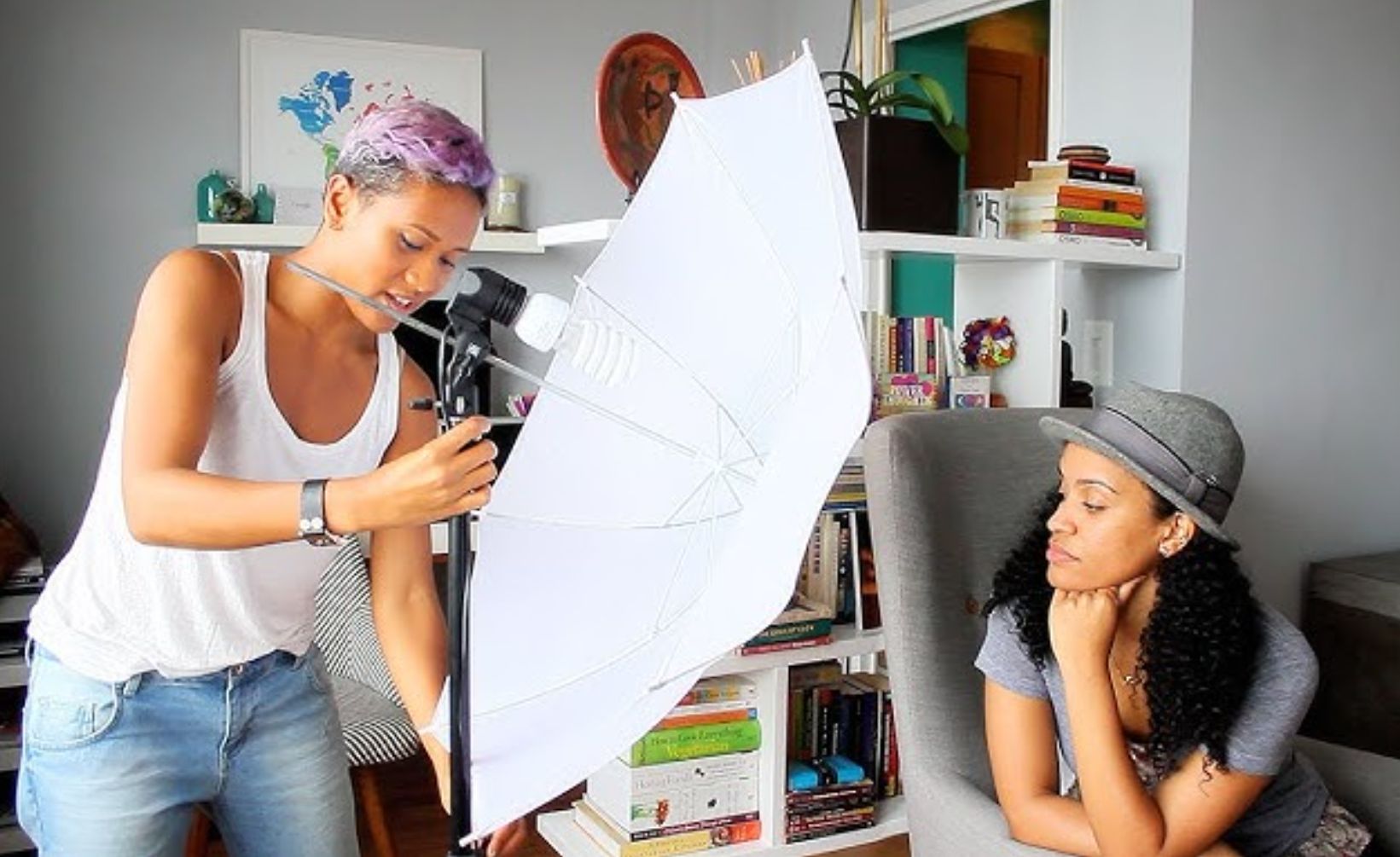
Source: hopscotchtheglobe/YouTube
Influencers are always encouraging their followers to visit places they are paid to endorse. From exotic travel destinations to local restaurants, influencers from all over the world have made careers out of going on vacations and eating out. However, there are certain businesses that want nothing to do with Gen Z’s oversaturated influencer culture.
A Cafe in Brooklyn Became a Popular Spot for Influencers
Dae is an exclusive design shop and cafe located in Brooklyn – a place so unique that influencers flocked to it in droves. While many businesses would pay big bucks for influencers to generate buzz about their establishment, the owners of Dae were unimpressed.

Source: Dae New York/Instagram
The space became overrun with influencers carrying tripods to record their every move. Due to the amount of influencers that inundated Dae, the owners opted to ban them altogether. The ban was explained in a post shared to Dae’s Instagram account, which boasts over 11,000 followers. “We love food and drink photos (clearly) … but the TikToks and Instagram photoshoots have gotten a bit out of control for us,” the cafe shared on social media.
A Vermont Tourist Town Has a Big Problem With Influencers
An entire town in Vermont has put a stop to Gen Z influencers. Tourists love visiting New England during the autumn months to experience the area’s beautiful fall foliage.

Source: vagablonde.mom/Instagram
The town of Pomfret saw such an influx of influencers that the select board decided that influencers had to be vetoed due to “significant safety, environmental, aesthetic, and quality of life issues.” Sleepy Hollow Farm is a particularly popular tourist spot for influencers looking to get the perfect snapshot. Videos of the quaint Vermont town have been viewed over 800,000 times on TikTok and thousands of photos of the area have been shared to Instagram.
Angry Residents of Pomfret Created a GoFundMe to Keep Influencers Out
Residents of Pomfret have become increasingly frustrated with the volume of influencers who continue to enter their quiet town despite numerous “No Trespassing” signs in the region. Some community members even created a GoFundMe page to “raise money for road closures and traffic enforcement during the fall season.”
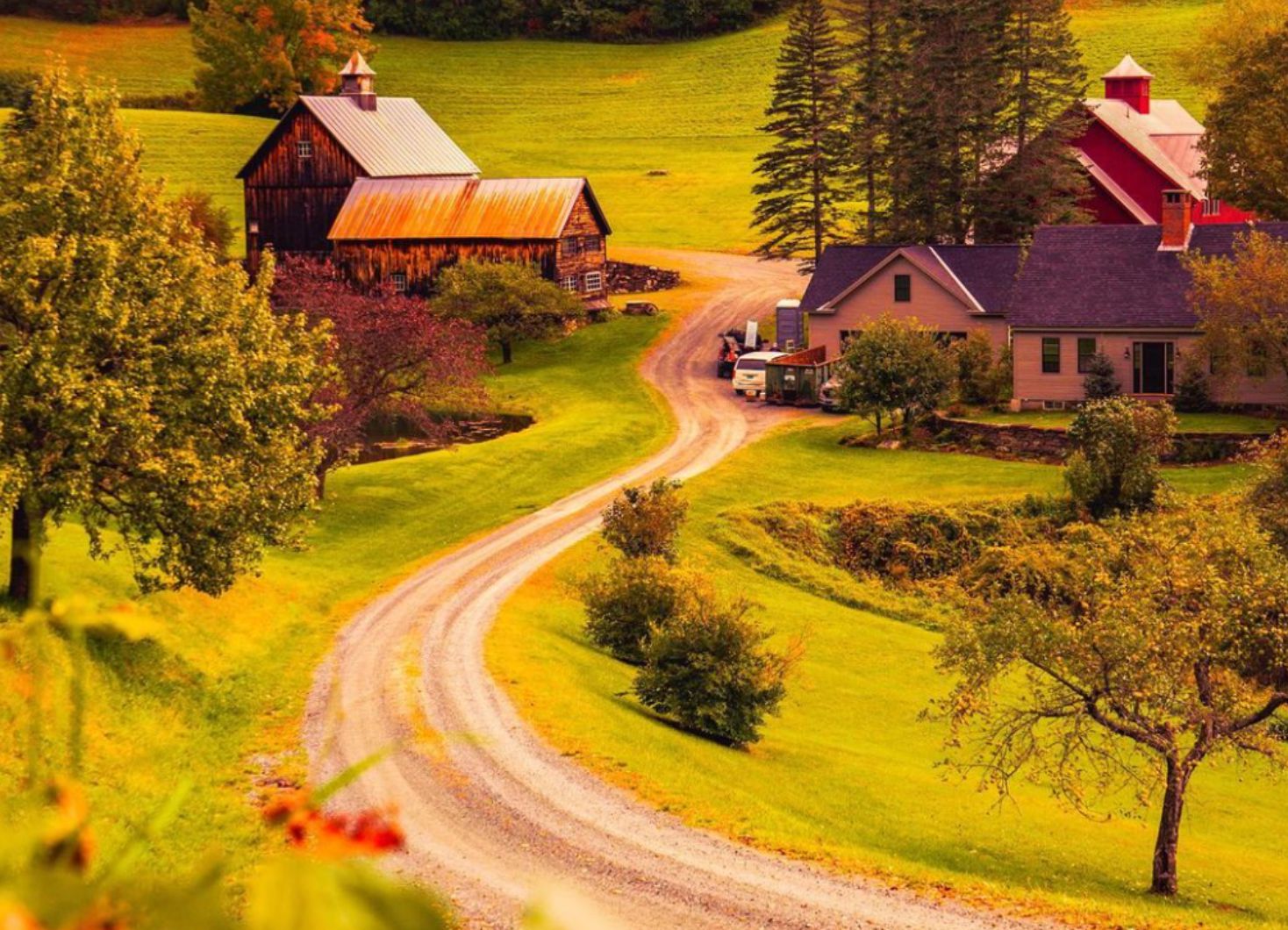
Source: paul.shaoni/Instagram
The online fundraiser was clear about the goal of eliminating influencers from the vicinity. “Over the past several years, Cloudland Road … [has] experienced an unprecedented surge in Instagram and TikTok-fueled tourist ‘influencers,’ who earn money from sponsors and have monetized and turned a private home on Cloudland Road into a social media photo destination,” said the campaign. So far, the campaign has raised over $15,000.
A Blogger Tried to Get a Free Hotel Stay in Exchange for Social Media Coverage
In January 2018, a British blogger prompted an Irish hotel to ban all social media influencers from booking a stay on their property after asking for free accommodations in exchange for being featured on their social media pages.
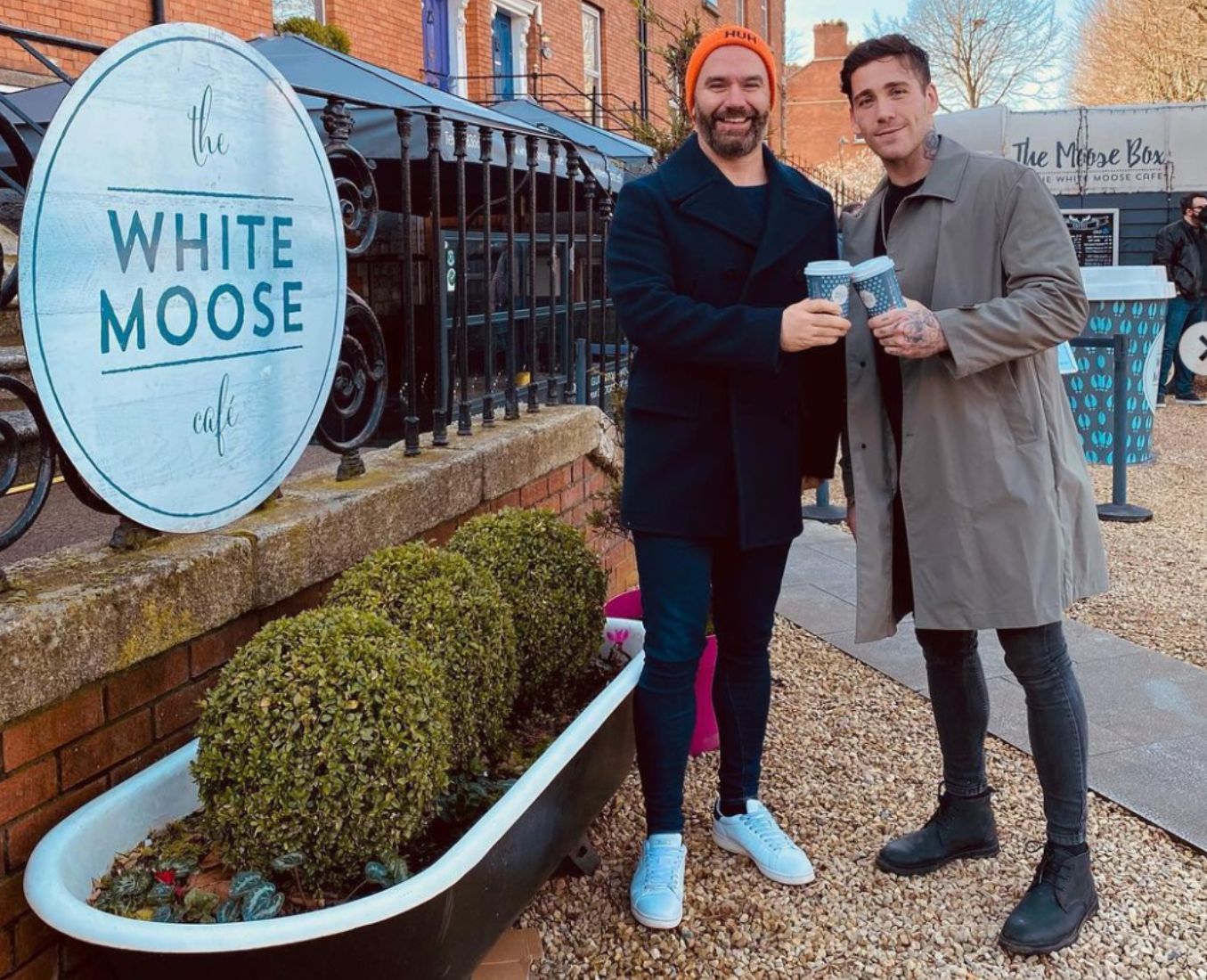
Source: whitemoosecafe/Instagram
Elle Darby reached out to The White Moose Cafe in Dublin to see if she could score a free stay because of her influencer status. The owner, Paul Stenson, posted Darby’s email to the company’s social media page along with a scathing response. Stenson wrote that he “would never in a million years ask anyone for anything for free,” and encouraged the influencer to pay her way “like everyone else” because “show more self-respect on your part and, let’s face it, it would be less embarrassing for you.”
A Cafe in Taiwan Was Adamant About Not Allowing Influencers
In February 2020, a trendy cafe in Taipei, Taiwan “strictly banned” all influencers after they went to extreme lengths trying to capture photos for their social media accounts.
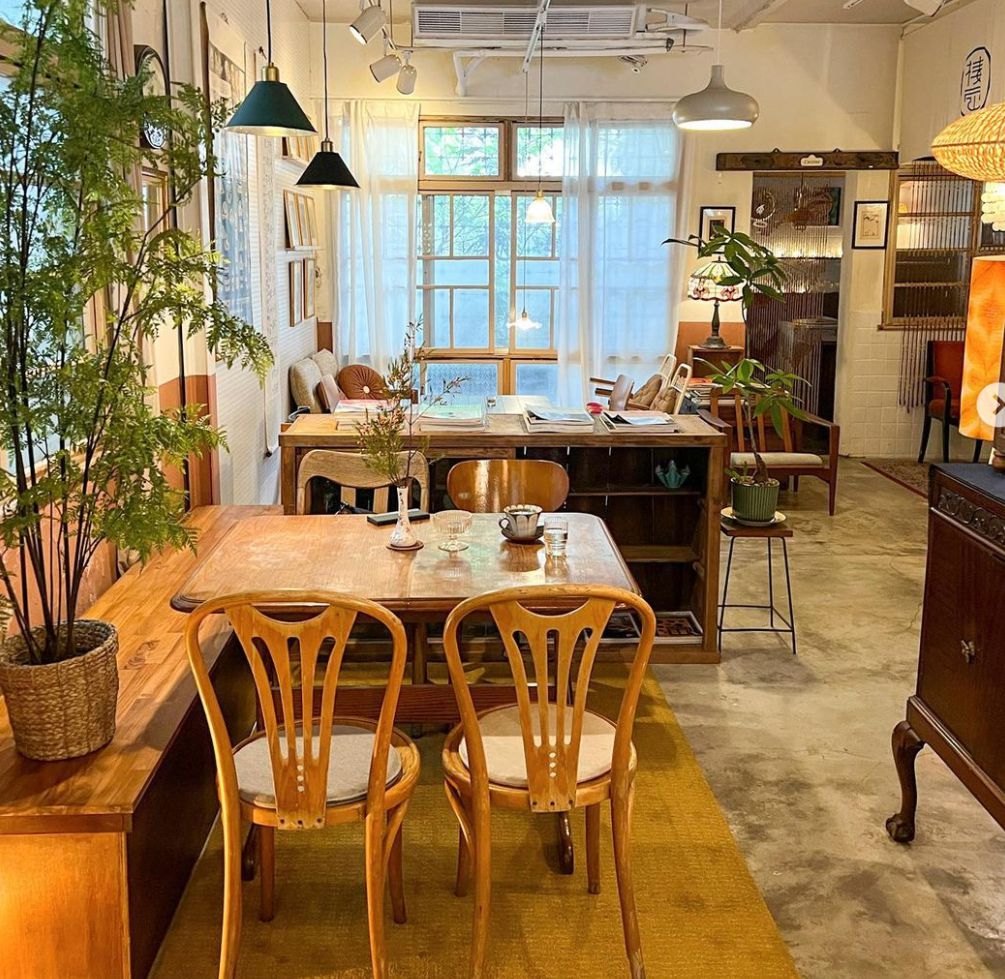
Source: mittsumedesserts/Instagram
Mittsume Desserts took the ban very seriously and posted a warning to their Instagram page that outlined exactly why influencers would no longer be welcome. “We’re not an influencer cafe, our target audience has never been influencers. We don’t see the need to compromise for these people,” said the post before adding, “From today onwards, influencers are strictly banned.”
Is Banning Influencers a Smart Business Decision?
While banning influencers from restaurants and other attractions may seem puzzling to some, it’s a logical move for many.
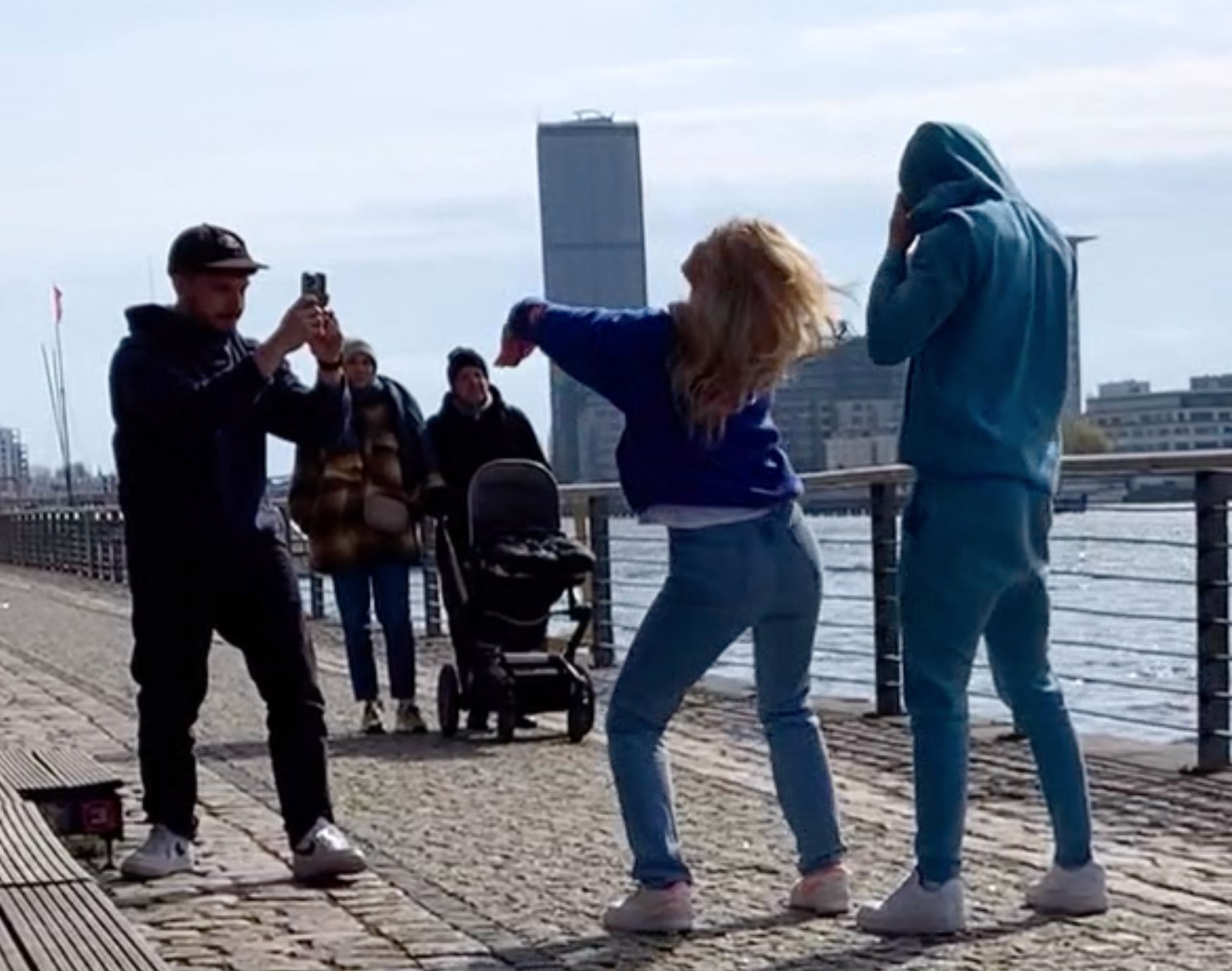
Source: Wikimedia Commons
Of course, influencers do have the ability to generate more business for a brand once they give their public stamp of approval, but plenty of business owners don’t want that kind of promotion. Dr. Marcus Collins, who serves as a marketing professor at the University of Michigan, insists that some establishments simply “can’t handle the new demand” that influencers bring.
Things Aren’t Always What They Seem
A marketing director named Sarah Blocksidge echoed similar sentiments by saying that influencers may bring in too many customers, which could ultimately strain the business if it’s unable to handle a surge in patrons.
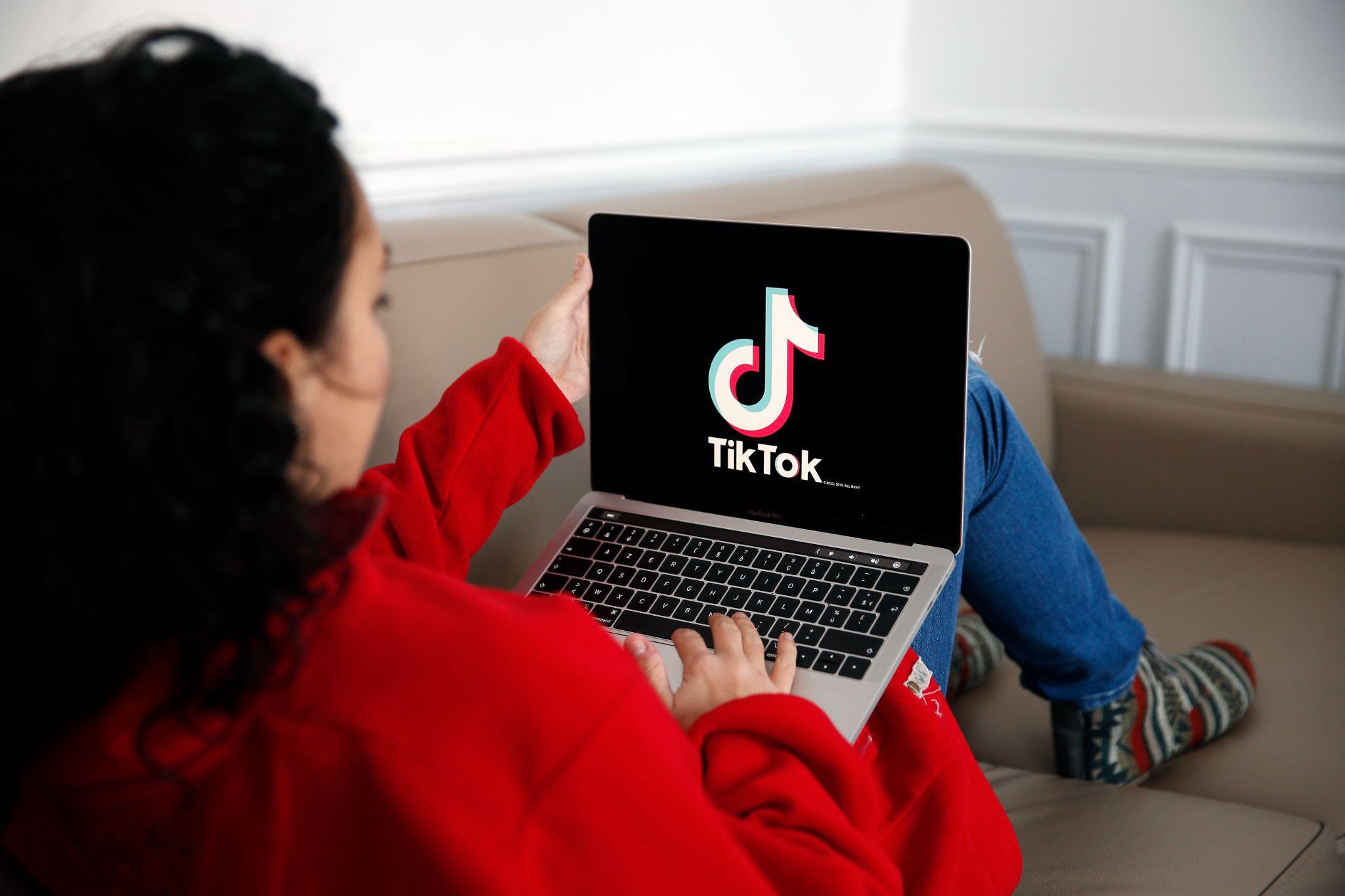
Source: Chesnot/Getty Images
“The reality is that some businesses just aren’t suited for the influx of people an influencer can attract, which can wind up hurting the business more than helping it,” she said.
Is Influencing an Actual Career to Strive For?
It’s hard to deny that Gen Z influencers hold a lot of power when it comes to influencing people to do things based on their recommendations.
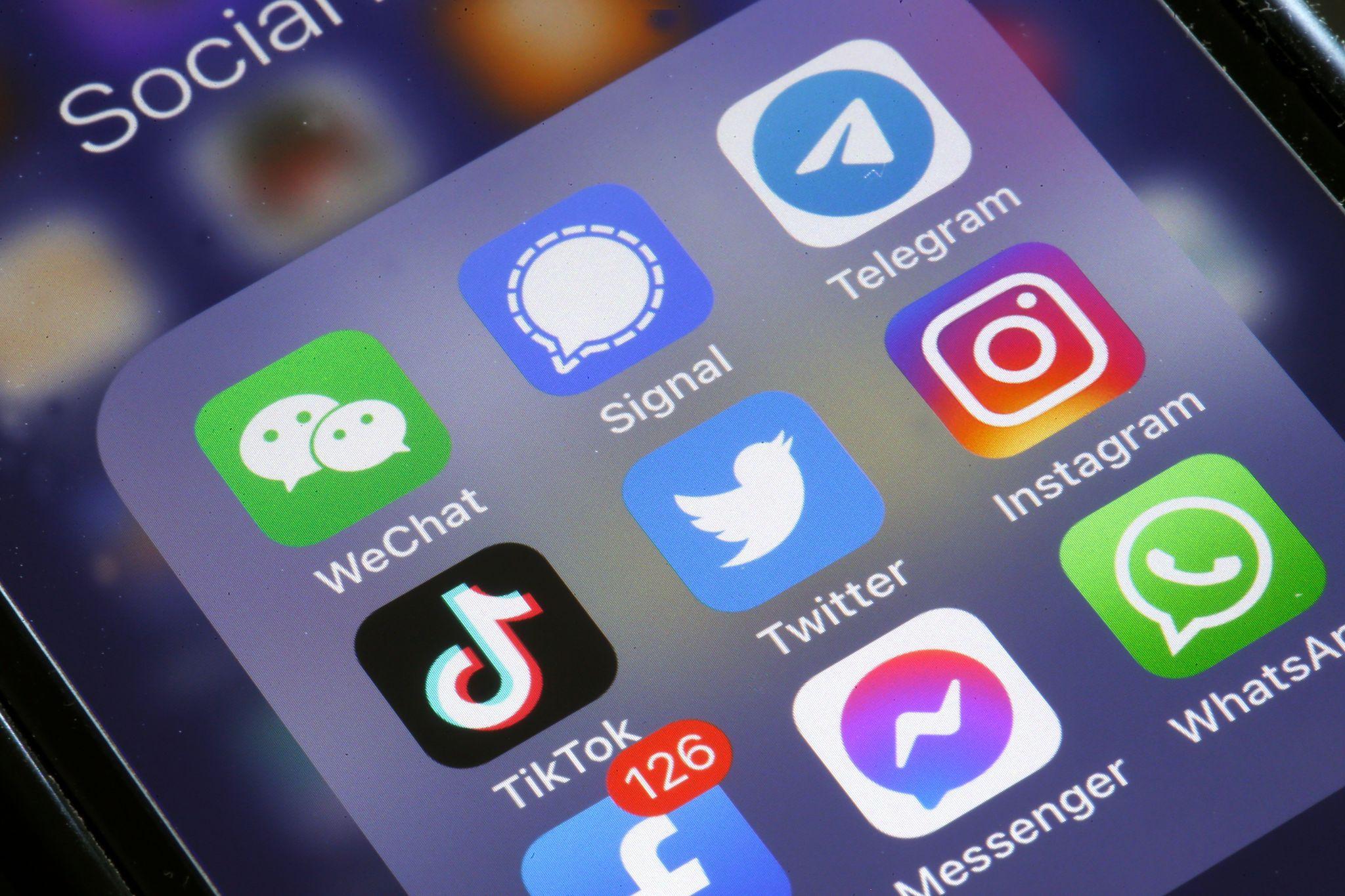
Source: Chesnot/Getty Images
While some respect the hustle of these online moguls, others dismiss influencing as just a mindless hobby. Regardless of where you stand, Gen Z influencers are selling products, promoting restaurants, and earning ample profits without having to work in a cubicle.
Many Reputable Businesses Want to Earn Their Reputations
Influencing has been on the rise since the early 2010s, and by now many people have grown tired of what it has evolved into.
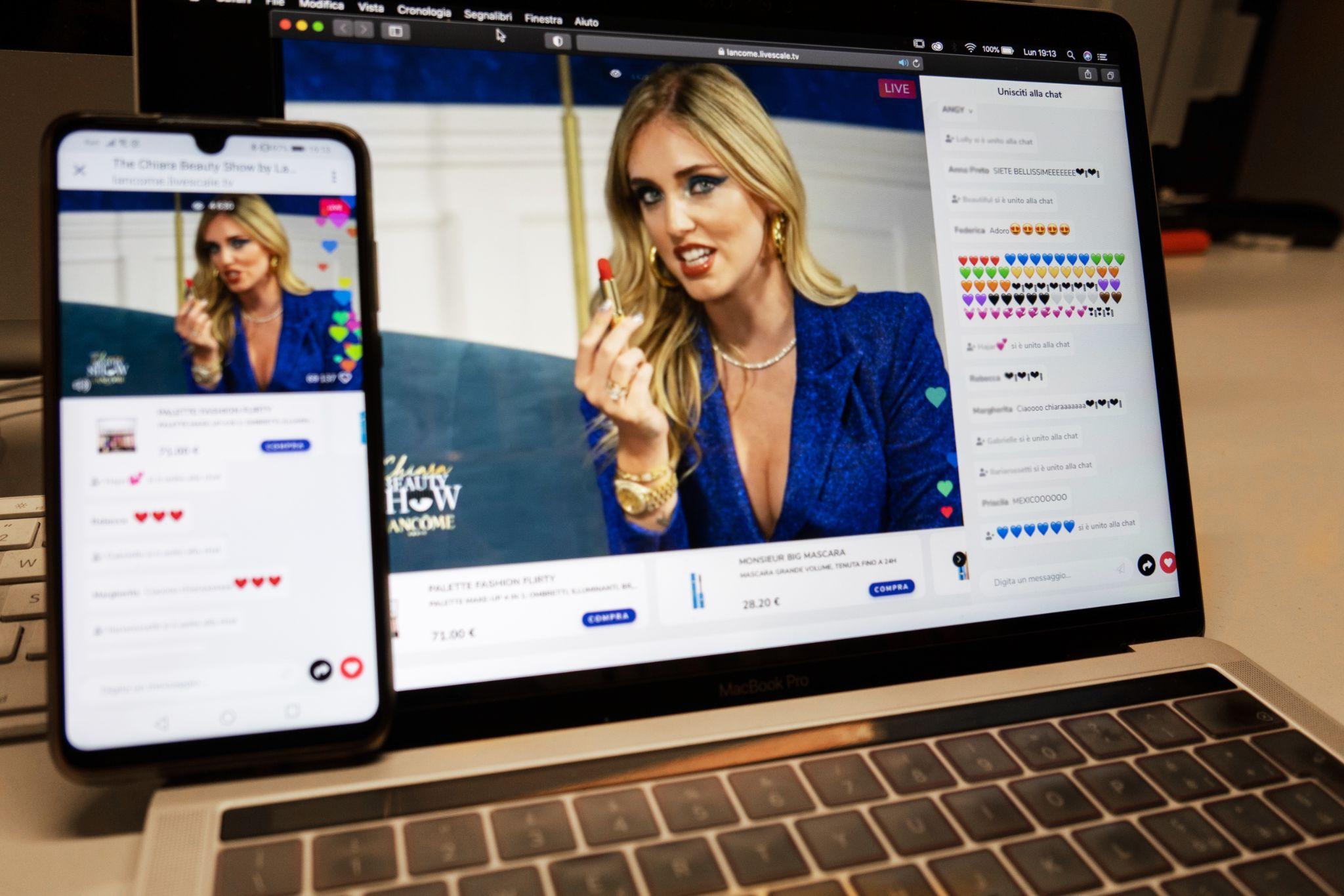
Source: Rosdiana Ciaravolo/Getty Images
According to Sam Shaw, the strategy director at Canvas8, most people view influencers as having “a superficial relationship with the places they visit.” This is off-putting for business owners who want customers to have a genuine experience, not one that has been forced or fabricated for profit.
Are Influencers Helpful or a Hindrance to Businesses?
Shaw believes that banning influencers is a way for some businesses to preserve the sanctity of their brand.
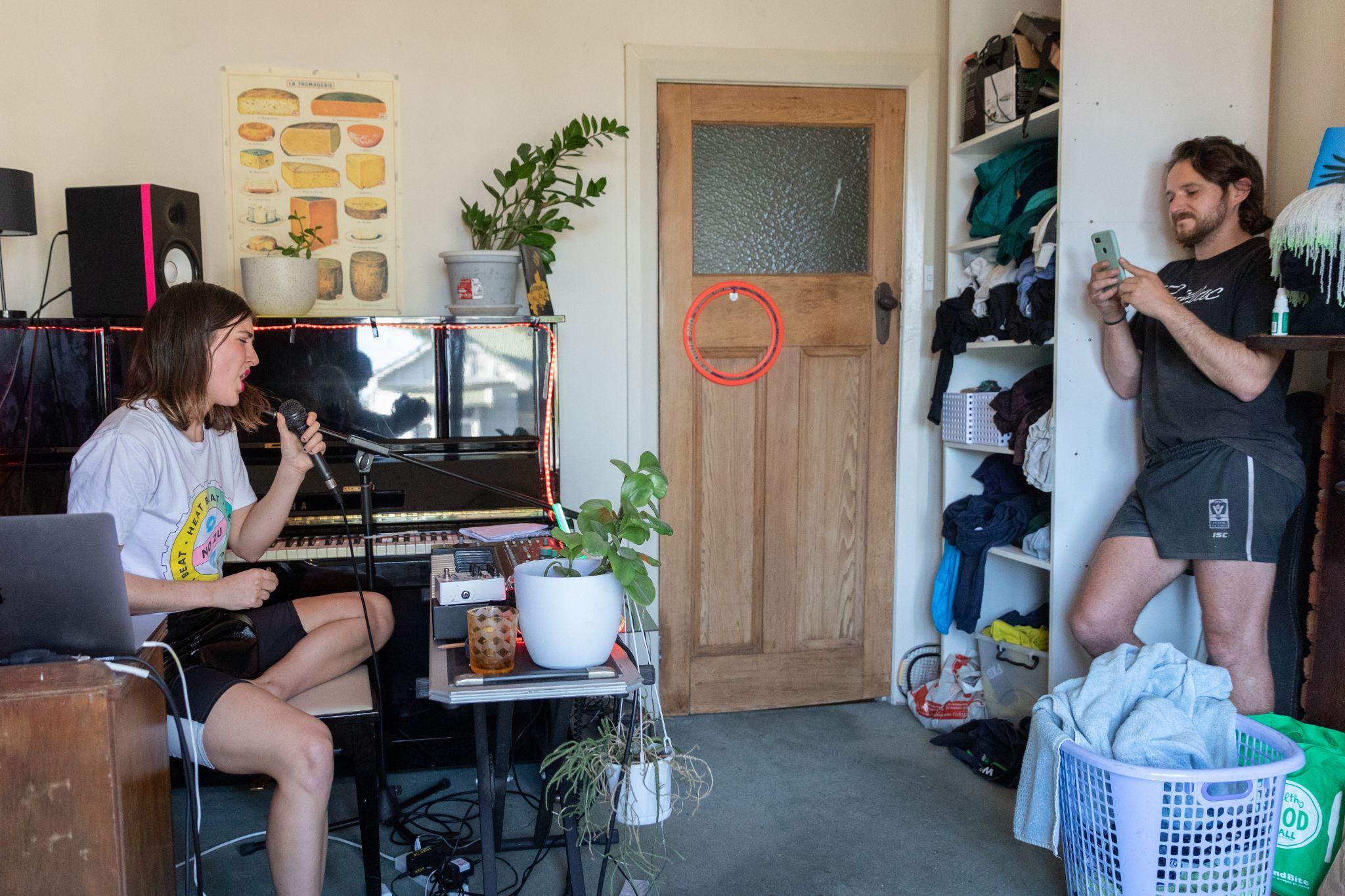
Source: Asanka Ratnayake/Getty Images
“Most places want sustainable customer bases, not just swarms of people who are there ‘for the gram’ and then onto the next place,” he said. “This an extension of the earlier banning of phones and taking pictures in certain restaurants and clubs, in order to protect the “presence” of the experience for those who are there for the substance.” Although influencers remain a dominant force in 2023, only time will tell if they have enough staying power to go the distance.
